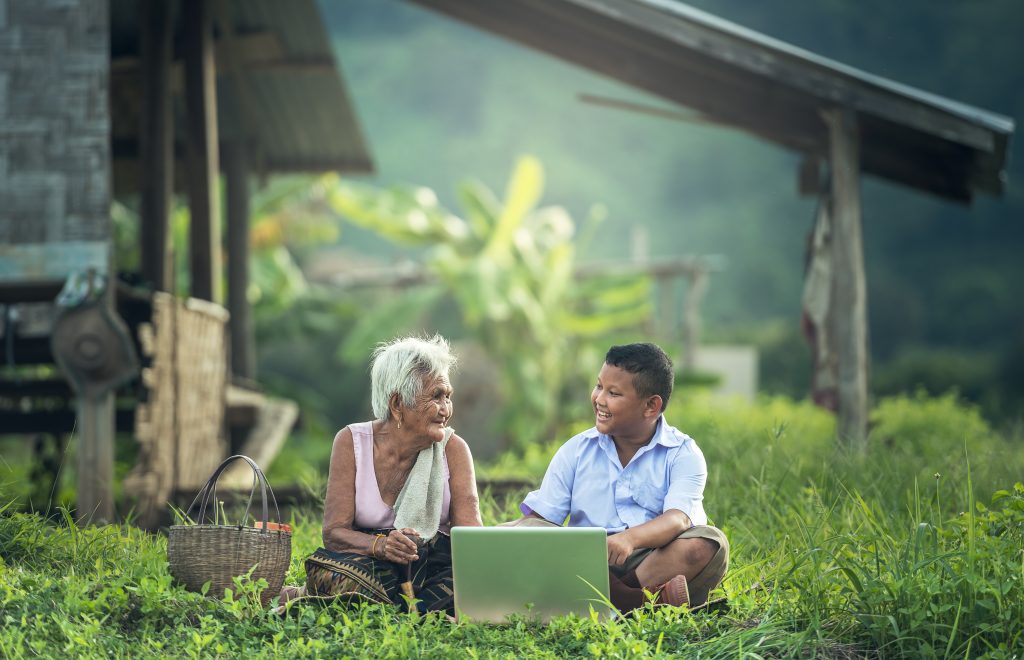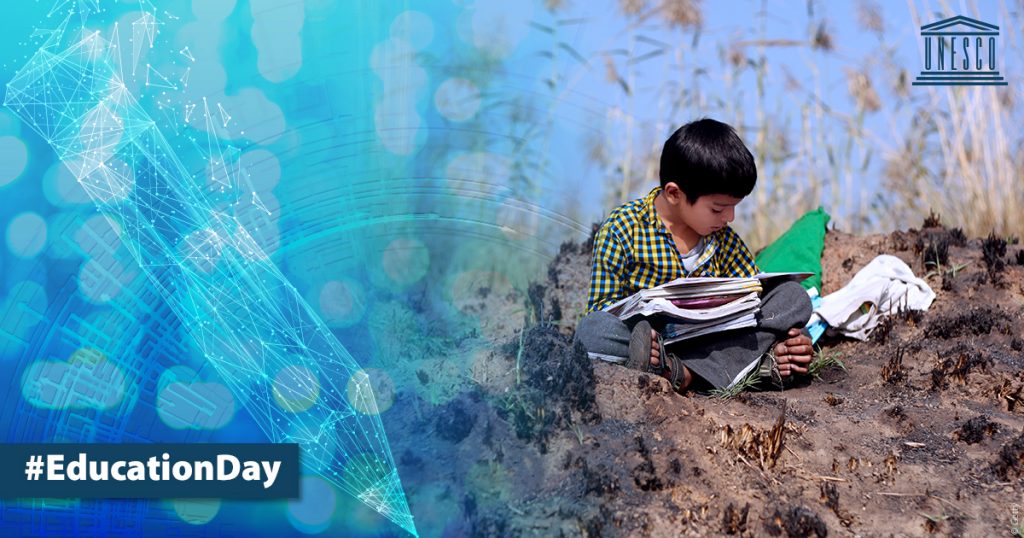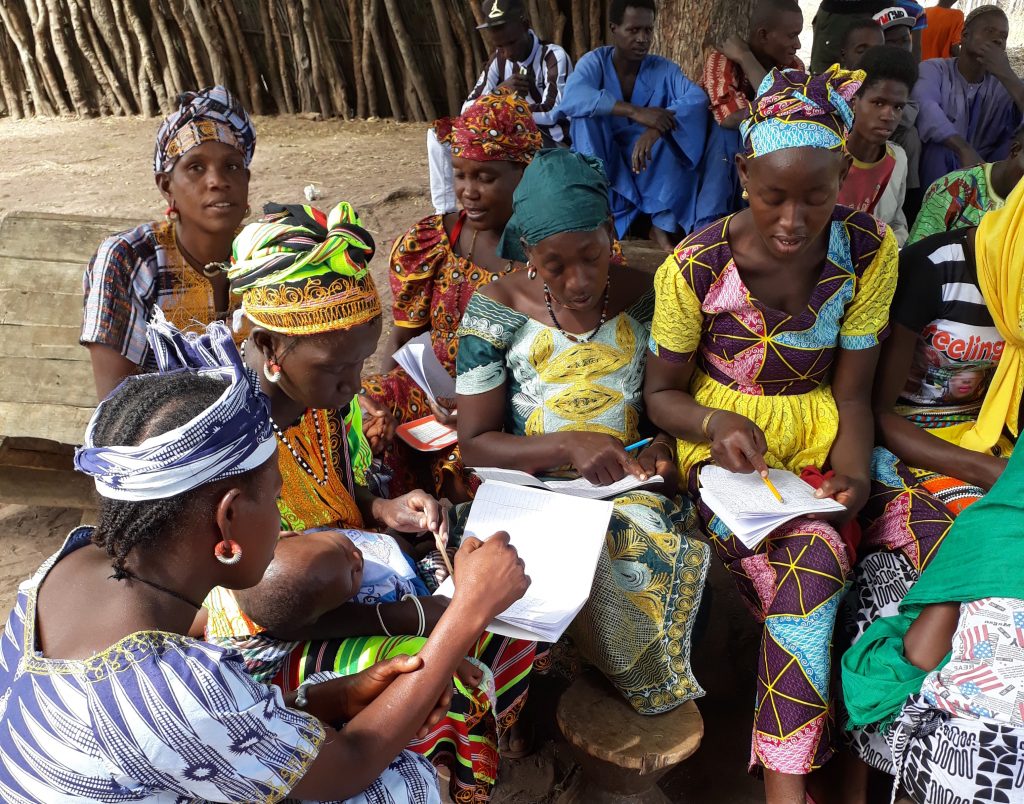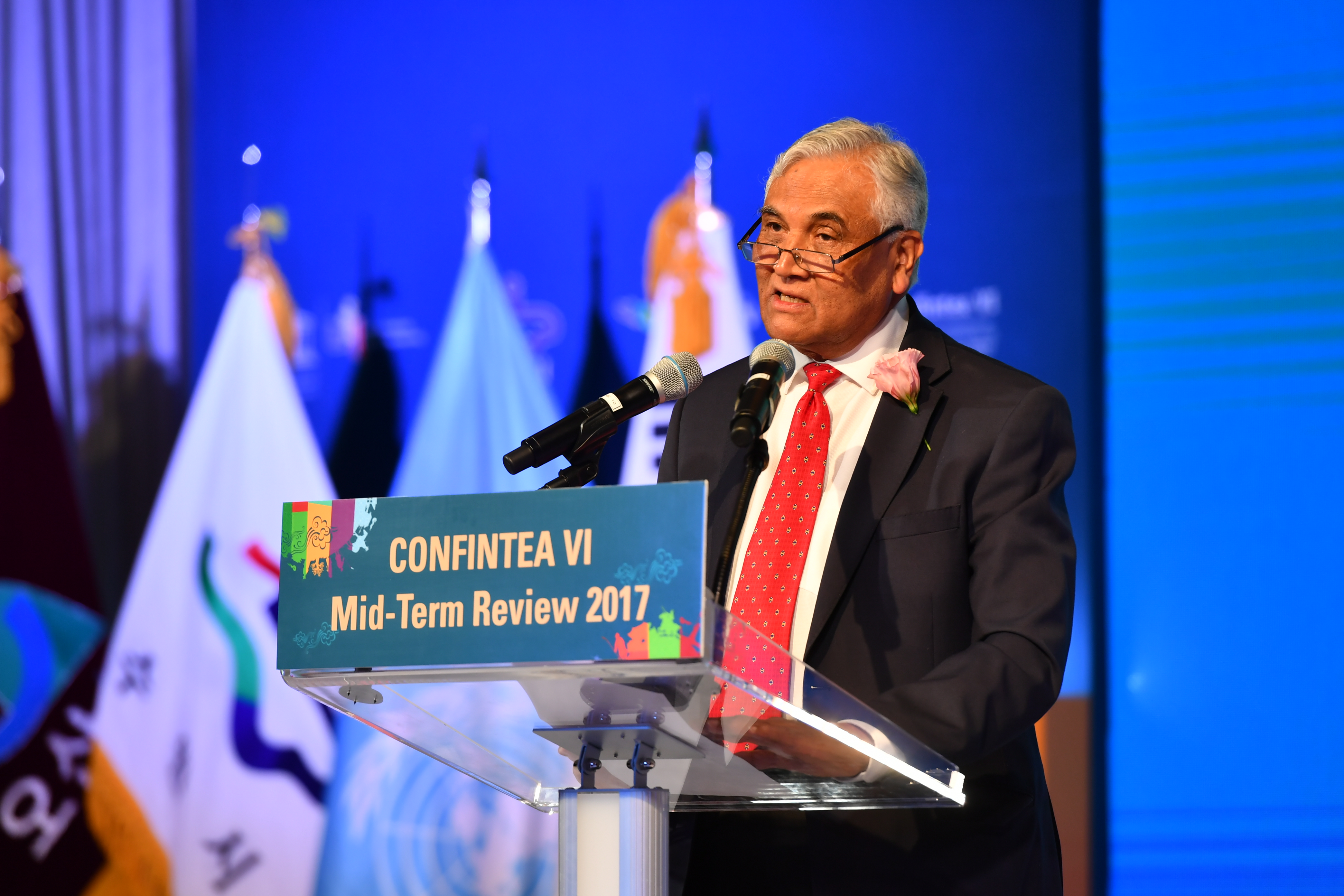Higher education institutions have a significant potential role in promoting lifelong learning. New research from the UNESCO Institute for Lifelong Learning and Shanghai Open University shows both the advances being made and the limitations and challenges that continue to prevent this potential being fully realized, writes Edith Hammer
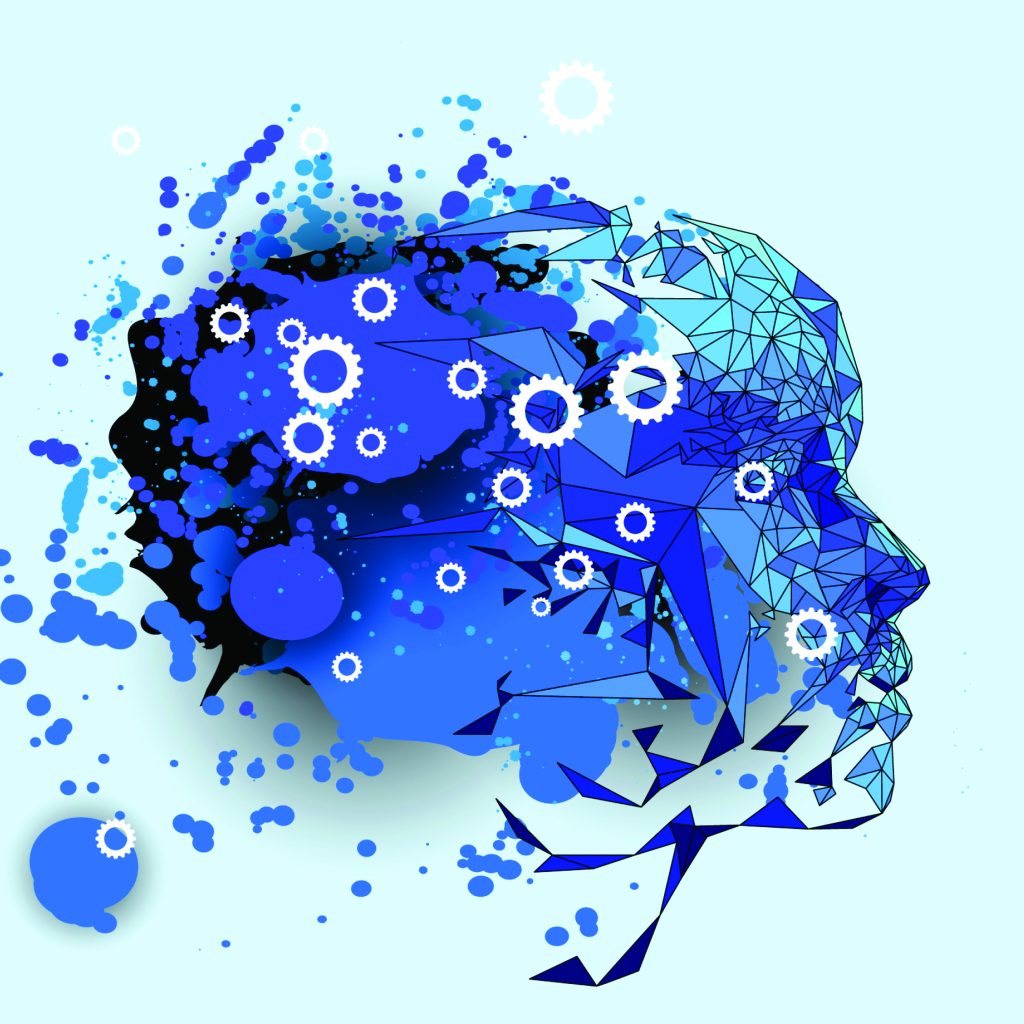
Part-time study, online learning, micro-credentials, flexible pathways, community outreach – these are just a few ways to support lifelong learning in the higher education sector. While traditionally associated with formal education, universities and other higher education institutions (HEIs) have become paramount in promoting lifelong learning for diverse groups of learners. As traditional hubs of knowledge, they can embrace lifelong learning as a catalyst for transformation, supporting reskilling and upskilling, social equity and sustainable development. Within this context, two questions arise: What is the role of HEIs in promoting lifelong learning in society? And what does it take for HEIs to become lifelong learning institutions?
Continue reading

